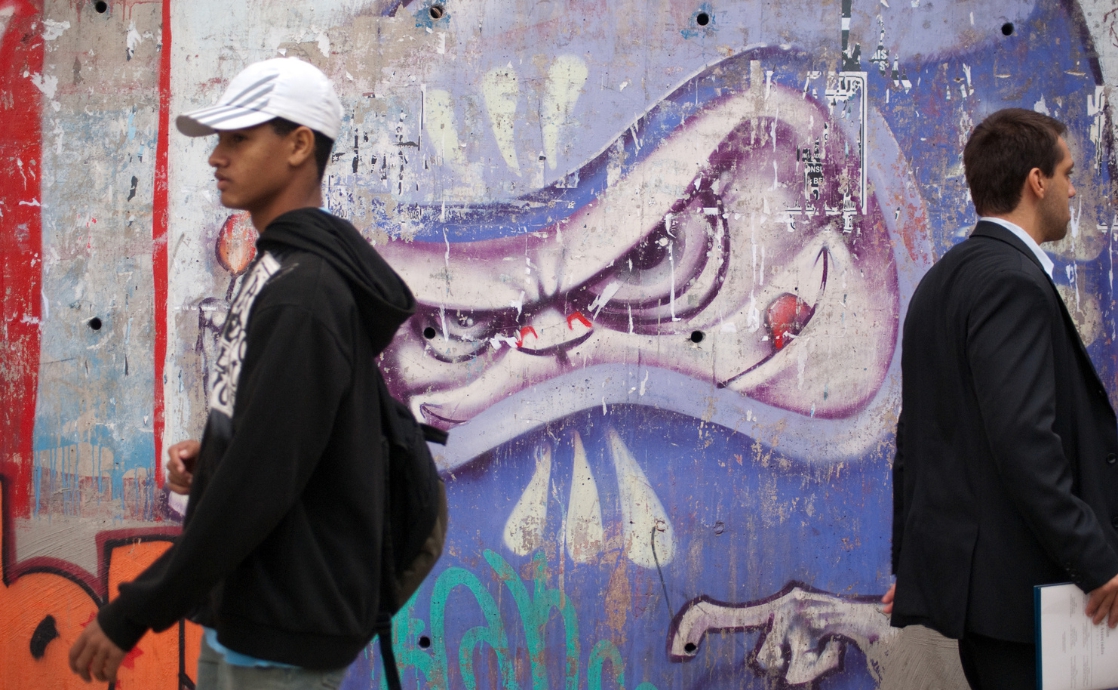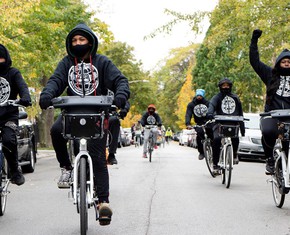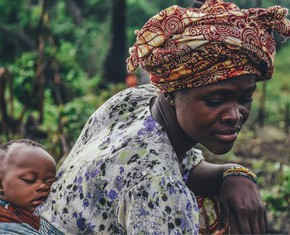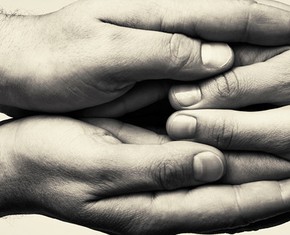The views expressed in our content reflect individual perspectives and do not represent the authoritative views of the Baha'i Faith.
I considered myself “middle class” as a child, although I lived in a mobile home for a few years. Still, I had a roof over my head and food on the table and, blessedly, learned the values of fiscal discipline.
Later in life, I had the opportunity to get a university-level education – not at any elite schools, mind you, but I worked hard regardless. Marriage probably put me in the category of “upper middle class,” although, with a strong work ethic, I’ve always contributed my share.
Perhaps some of where I find myself today was due to effort, or perhaps more of it was due to fortuitous circumstances. There have been good times and bad. Either way, none of us knows why we were given the lives we were, or where we may end up.
RELATED: Battling Bias Where it Begins: In Ourselves
Baha’u’llah, writing in his book of mystical aphorisms The Hidden Words, said: “Be not troubled in poverty nor confident in riches, for poverty is followed by riches, and riches are followed by poverty.”
I’m sharing my personal story because of my recent pondering of “classism,” defined as “the prejudice against, or in favor of, people belonging to a particular social class.” Unfortunately, we’re all witnessing increasing attacks against those labeled as society’s “elites” or “ruling classes” – but often there is no definition of what that means, regardless of what any individual person has, or hasn’t, contributed to the world. Of course, there is sometimes corruption among this so-called “elite” group, but, on the other side of the coin, history also offers some dark chapters on the violence and hatred that arose from this prejudice.
Pointing out the special efforts needed on behalf of fairness for all minorities, Shoghi Effendi, the Baha’i Faith’s Guardian for just over 35 years, called the Baha’is to a high standard on this point:
… every differentiation of class, creed or color must automatically be obliterated, and never be allowed, under any pretext and however great the pressure of events of public opinion, to reassert itself.
None of this means we should turn a blind eye to obvious injustices. As several other articles here at BahaiTeachings.org have pointed out, the Baha’i Faith highlights the problems with the extremes of wealth and poverty, and believes they can only be fully solved with spiritual solutions.
The World Inequality Report for 2022 claims that “the richest 10% of the global population currently takes 52% of global income, whereas the poorest half of the population earns 8.5% of it. No fair-minded soul should think these vast discrepancies are okay – they aren’t.
In a talk delivered in Paris in the early 1900’s, Abdu’l-Baha commented about the injustice behind “the superfluity of great wealth and miserable, demoralizing, degrading poverty.”
In fact, Baha’is are actively working toward the day when great gaps in wealth and poverty will be eliminated. The Baha’i writings offer a framework of principles that may help guide this discussion. They also recognize, however, that an entirely “classless” society is unrealistic and that people have inherently different capacities. In his book Some Answered Questions, for example, Abdu’l-Baha said that absolute equality was untenable:
… complete equality in wealth, power, commerce, agriculture, and industry would result in chaos and disorder, disrupt livelihoods, provoke universal discontent, and undermine the orderly conduct of the affairs of the community. For unjustified equality is also fraught with peril. It is preferable, then, that some measure of moderation be achieved, and by moderation is meant the enactment of such laws and regulations as would prevent the unwarranted concentration of wealth in the hands of the few and satisfy the essential needs of the many.
RELATED: What Does ‘Inclusion’ Really Mean?
For those of us who aren’t developing national or international laws, what does this mean at a practical, personal level? Perhaps it means not rushing to judgment about those who are either rich or poor, and being careful with our prejudices and our language about poverty and wealth. Is it fair, for example, to label everyone in the governing classes an “oppressor” or a “colonizer”? Many people really do go into these fields to be of public service.
In this same vein, I also came across an interesting, insightful passage the other day from the pioneering psychologist Carl Jung: “Condemnation does not liberate. It oppresses. I’m the oppressor of the person I condemn. Not his friend and fellow sufferer.”
Ultimately, any category or class can contain wonderful people. Along those lines, I am preparing a fall course on my Soul Salons series, and one of the spiritual teachers I will feature is Sa’di of Shiraz – a Persian poet of the medieval period. In one of his more prominent works called “The Gulistan,” he has a long discussion with a poor dervish. Initially, the dervish is reviling the wealthy classes while Sa’di defends them. He eventually addresses some of the spiritual burdens of wealth, and notes that it can prevent one from reaching paradise – and, yet, he also praises those wealthy individuals who are generous and charitable. He says the following:
Perceivest thou not that in a garden there are musk-willows as well as withered sticks? And likewise in the crowd of the rich there are grateful and impious men, as also in the circle of dervishes some are forbearing and some are impatient … The greatest of rich men is he who sympathizes with dervishes and the best of dervishes is he who looks but little towards rich men. Who trusts in Allah, he will be his sufficient support.
Baha’u’llah returns to this theme in his writings, as well, when he counsels “O ye rich ones on earth! If ye encounter one who is poor, treat him not disdainfully. Reflect upon that whereof ye were created.”
















Comments
Sign in or create an account
Continue with Googleor